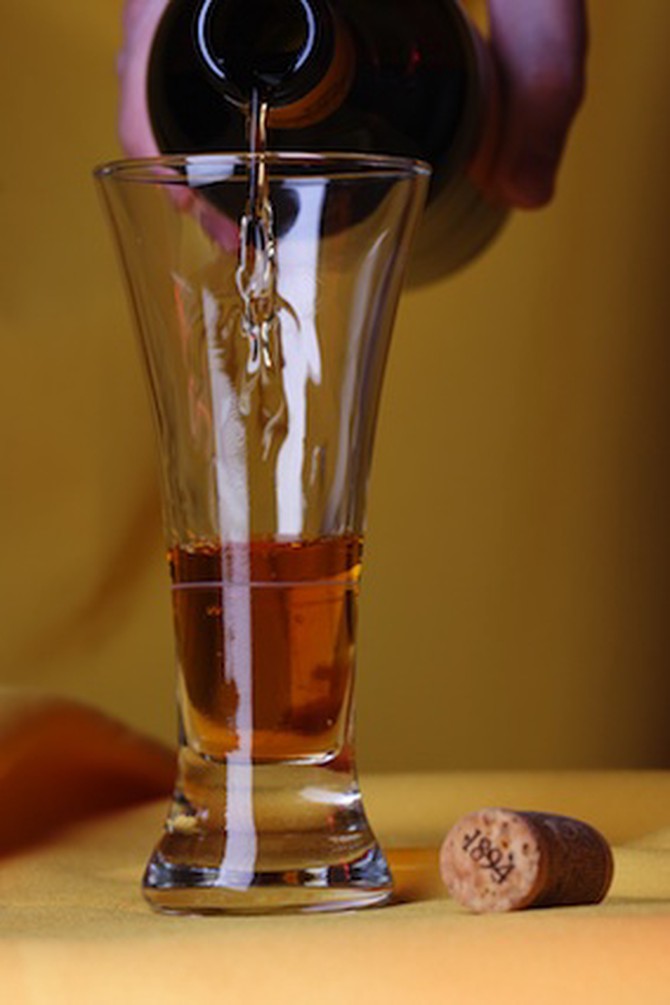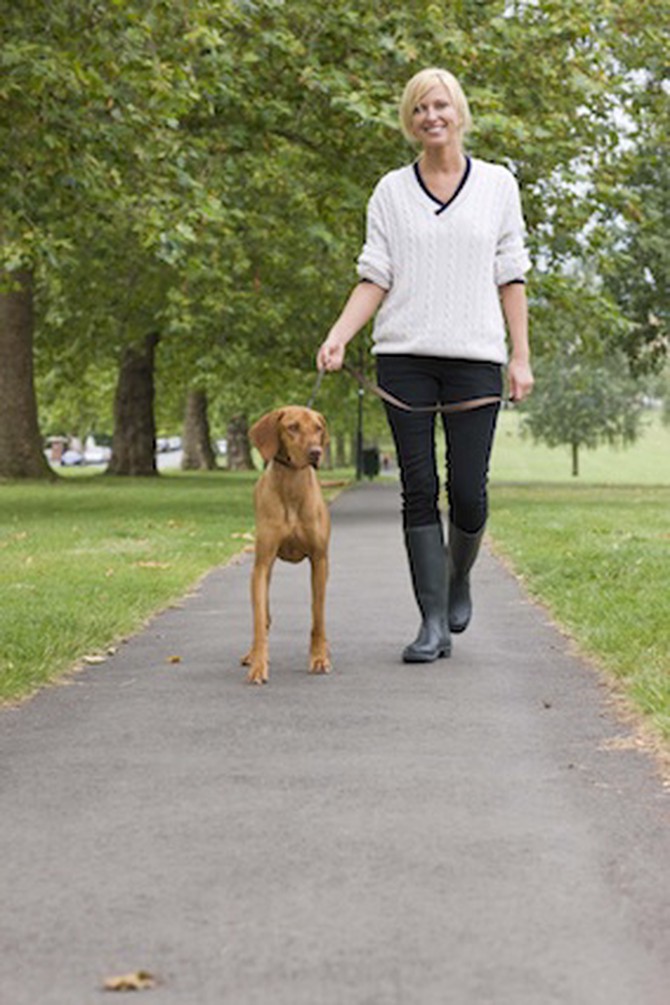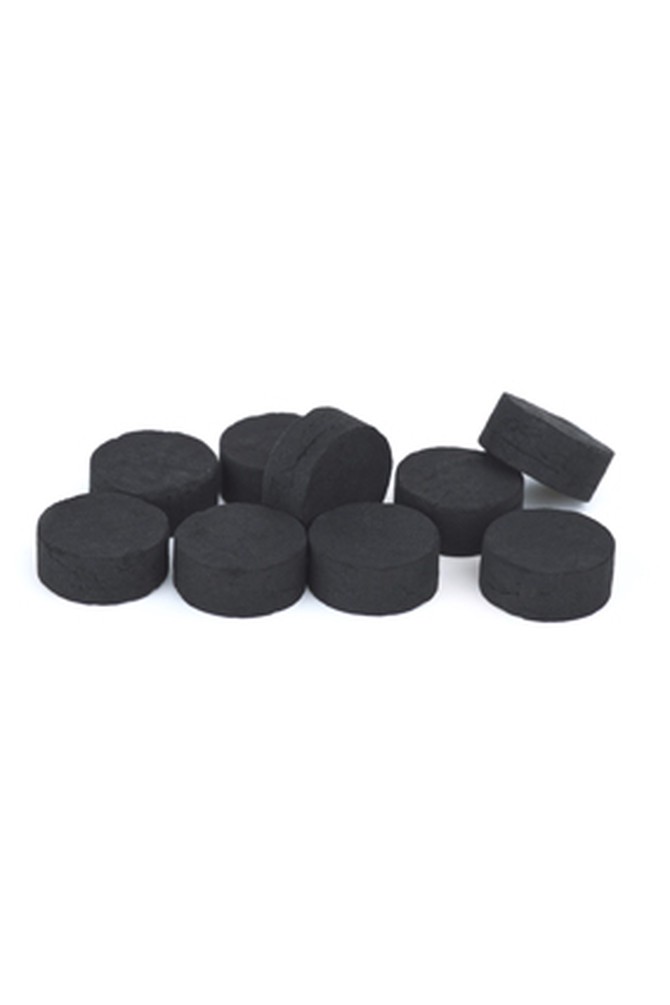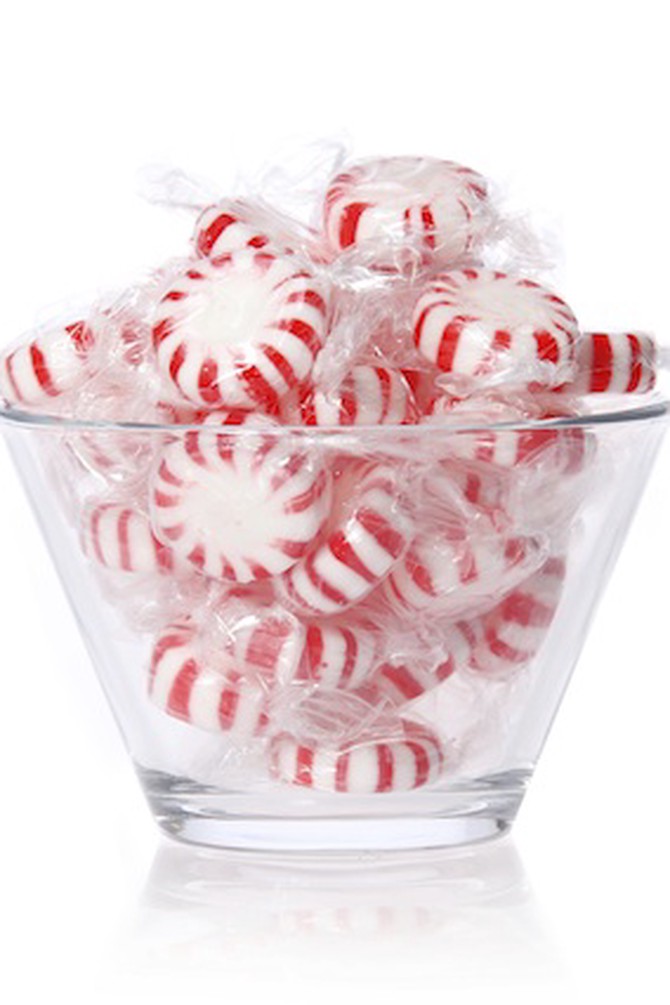What to Do When You've Overeaten
You didn't plan to indulge, but one primo led to a secondo, and then a dolce...and now you're full-to-bursting. Here's how to find some relief—as well as what not to do.
By Corrie Pikul

Photo: Thinkstock
Meet Your New After-Dinner Drink
Naturally caffeine-free chicory-root tea can relax your mood and possibly your digestive tract, as well, says Beth McDonald, an integrative and sports nutritionist at the Continuum Center for Health and Healing, an integrative health program affiliated with Beth Israel Medical Center in New York City. Chicory, which usually has a roasted-coffee flavor, is known among herbalists for helping to move things along. Chamomile tea has a similarly sedating effect on the digestive system.

Photo: Thinkstock
And Say Goodbye to Your Old After-Dinner Drink
You figure that a few sips of port wine—often served at restaurants as a digestif—won't take up any more room in your stomach. The problem is that port and sherry contain fructose, which can be difficult for your system to absorb, explains Cynthia Yoshida, MD, a Virginia-based gastroenterologist and the author of No More Digestive Problems. This sugar passes through the small intestine and into the colon, where bacteria break it down and release gas as a by-product. The port won't help with digestion, and, Yoshida says, it can also make you feel gassy and extra bloated.

Photo: Thinkstock
Take the Dog Out
You may be so full that you can barely move, but you'll feel significantly better after a walk. A German study revealed that a post-meal stroll (it needn't be brisk) sped the rate at which food moved through the system, while, surprisingly, espresso had no significant effect on digestion.

Photo: Thinkstock
Try This Kind of Charcoal
If your meal seems to have ignited a mini fireworks show in your lower abdomen, consider taking activated-charcoal tablets. The charcoal powder absorbs excess gas in the intestinal tract, says Patricia Raymond, MD, a gastroenterologist and an assistant professor of clinical internal medicine at Eastern Virginia Medical School. Activated charcoal is also one of the few things that can suck up the hydrogen in gas, neutralizing embarrassing odors. However, you shouldn't pop them every day, and it's important to note that these tablets can have negative interactions with heart medication, so consult your doctor before trying them.

Photo: Thinkstock
Perk Up with Peppermint
Peppermint candy or tea could do more than freshen your breath. Yoshida says that it can also be a great, natural reliever of gas (as well as indigestion and nausea). An important caveat, though: Peppermint isn't a good choice if your meal gave you heartburn, because it produces a chemical that can relax the esophageal sphincter, allowing stomach acid to splash up and exacerbate irritation.

Photo: Thinkstock
Don't Bother with OTC Laxatives
Some people believe that taking laxatives can help push food out of the system faster, quickly emptying an overstuffed gastrointestinal system. Here's the problem: Laxatives, which treat constipation, help to empty the colon, explains Raymond. However, the food you've just consumed is in your stomach, and it still needs to travel through the small intestine before it even gets to the colon. That process can take hours—even a day (and you'll be absorbing calories during this time, which makes laxatives ineffective and dangerous as a weight-loss aid). So while this medication may make you feel like you need the bathroom, it won't make you feel any less full.
Next: 7 (non-yogurt) snacks that improve digestion
Next: 7 (non-yogurt) snacks that improve digestion
Published 10/02/2013

